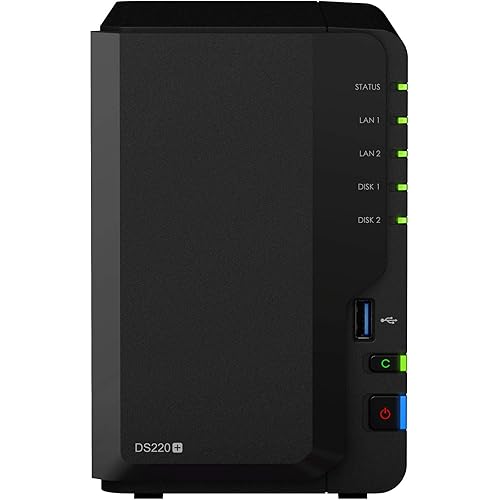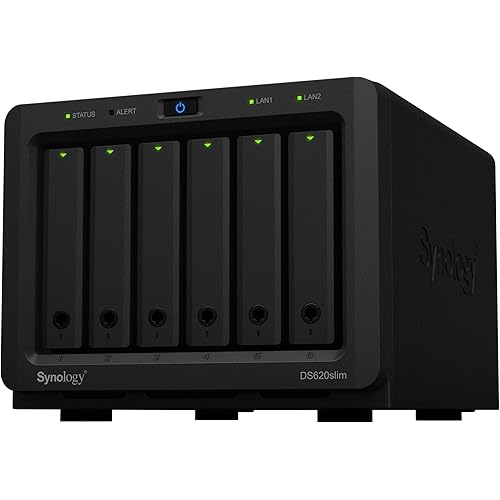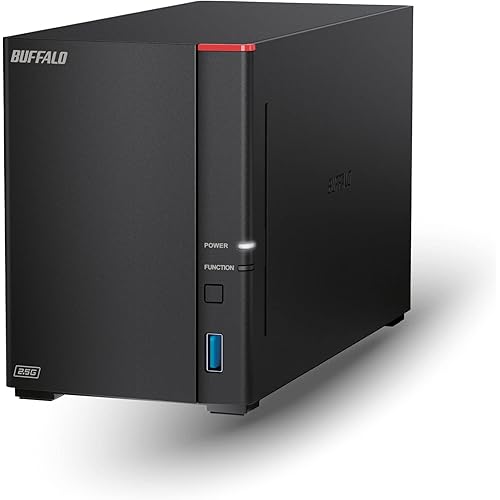





Buy Now, Pay Later
- – Up to 36-month term if approved
- – No impact on credit
- – Instant approval decision
- – Secure and straightforward checkout
Ready to go? Add this product to your cart and select a plan during checkout.
Payment plans are offered through our trusted finance partners Klarna, Affirm, Afterpay, Apple Pay, and PayTomorrow. No-credit-needed leasing options through Acima may also be available at checkout.
Learn more about financing & leasing here.
Returnable until Jan 31, 2026
To qualify for a full refund, items must be returned in their original, unused condition. If an item is returned in a used, damaged, or materially different state, you may be granted a partial refund.
To initiate a return, please visit our Returns Center.
View our full returns policy here.
Recently Viewed
Features
- Easily add 5 additional drive bays to Synology NAS. Please check Synology website for compatible models
- Supporting both 2.5" and 3.5" SATA drives
- Hot-swappable drive tray design
- Synology DX517 can be used as a dedicated local backup solution for the Synology DiskStation. When created as a separate volume, the DX517 provides a great backup solution to its local hard disks in case of system failure
Description
Synology DX517 offers simple storage capacity expansion solution for your Disk Station through its intuitive plug-n-use design. DX517 allows you to instantly scale up to 5 additional hard drives, so that you can expand RAID volume online or deploy the drives as a dedicated local backup destination for your Disk station. Synology DX517 is backed by Synology's 3-year limited warranty.
Digital Storage Capacity: 10000 GB
Hard Disk Interface: ATA-4
Connectivity Technology: eSATA
Brand: Synology
Hard Disk Form Factor: 2.5 Inches
Hard Disk Description: Hybrid Drive
Compatible Devices: Desktop
Installation Type: External Hard Drive
Color: Black
Hard Disk Size: 1
Product Dimensions: 9.76 x 9.17 x 6.18 inches
Item Weight: 8.62 pounds
Manufacturer: Synology America Corp
Language: English
Item model number: DX517
Batteries: 1 Lithium Ion batteries required.
Is Discontinued By Manufacturer: No
Date First Available: April 13, 2017
Frequently asked questions
To initiate a return, please visit our Returns Center.
View our full returns policy here.
- Klarna Financing
- Affirm Pay in 4
- Affirm Financing
- Afterpay Financing
- PayTomorrow Financing
- Financing through Apple Pay
Learn more about financing & leasing here.
























